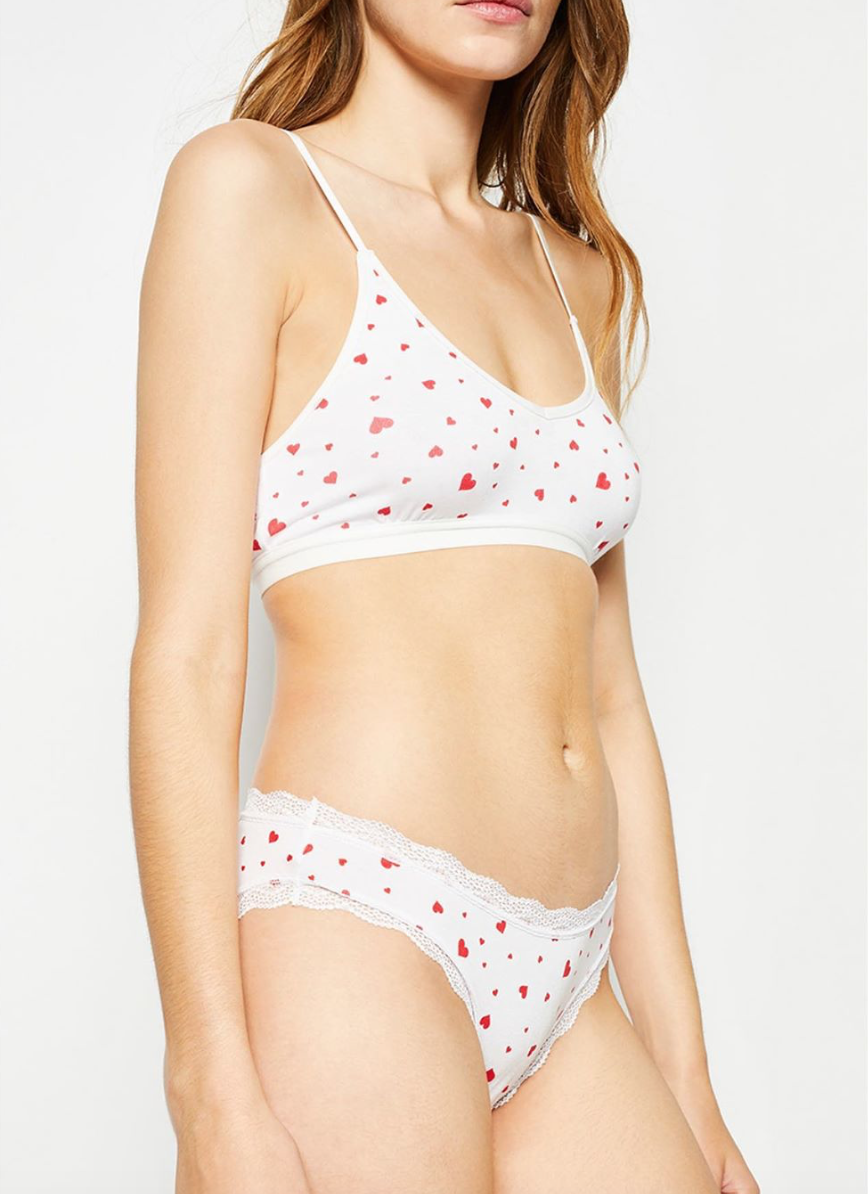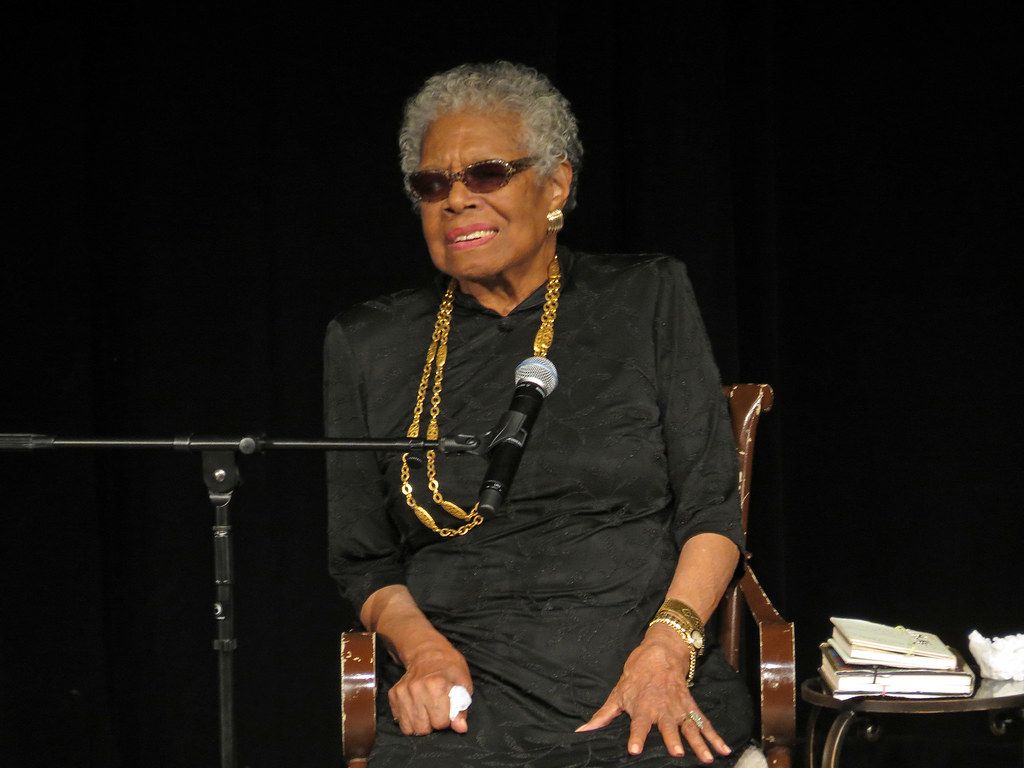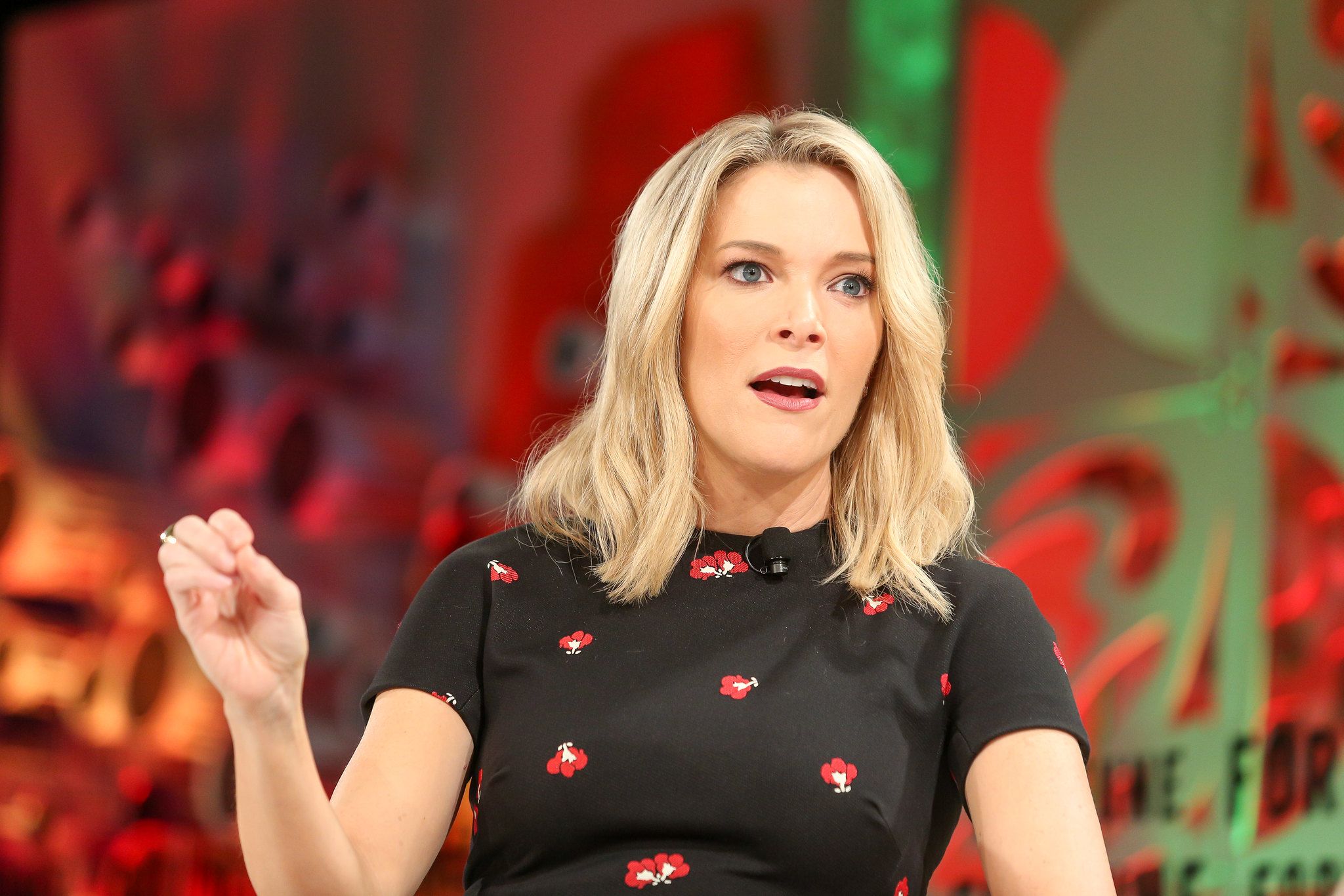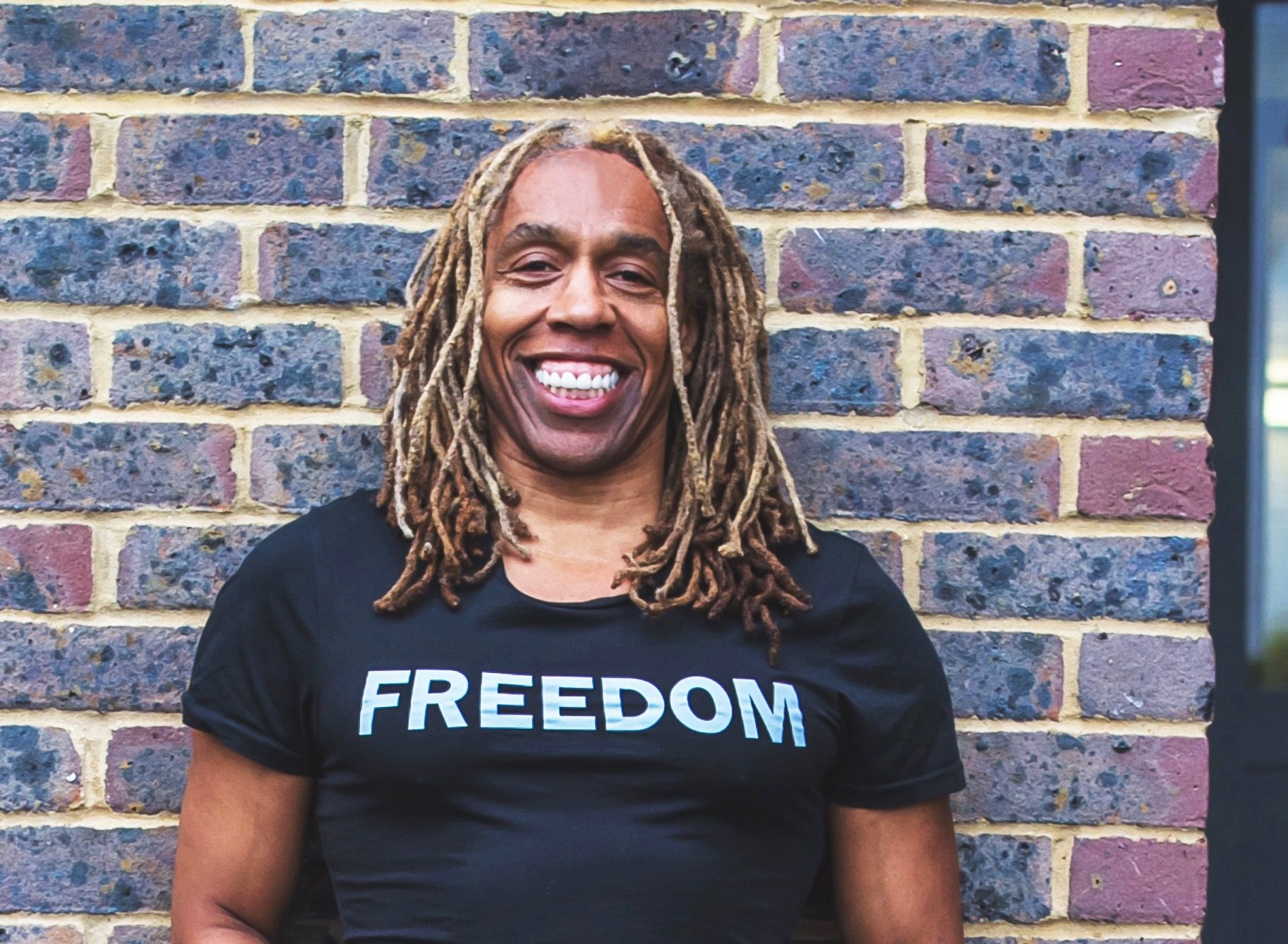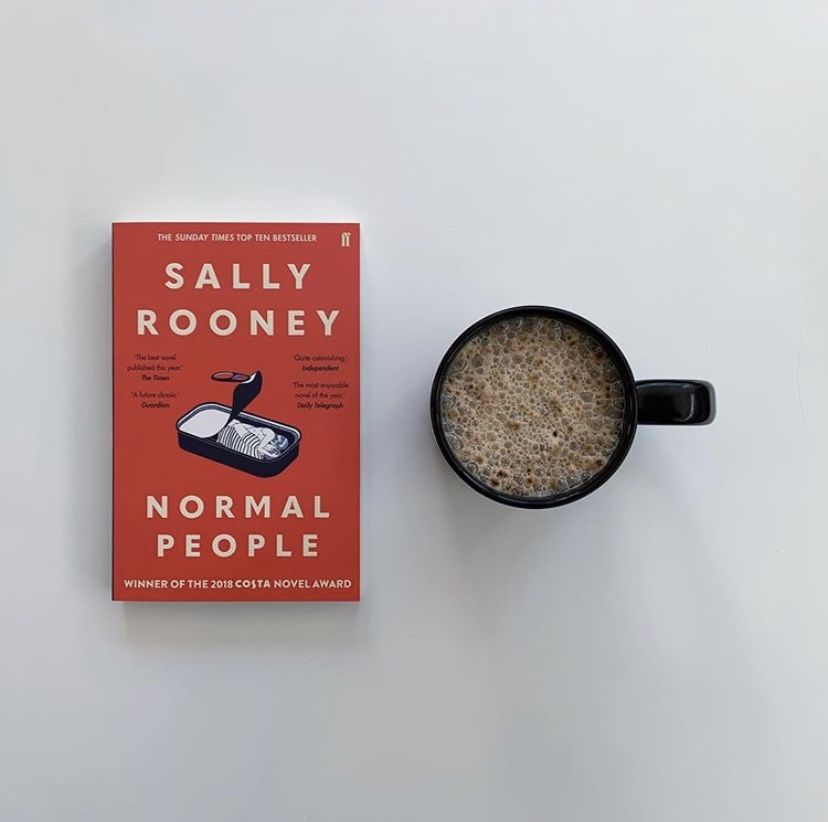The sustainable underwear to buy this Valentine’s Day
Valentine’s Day is the perfect opportunity to invest in new underwear. Whether you’re spending it alone, with friends or with your partner, underwear is the perfect way to give you a confidence boost. Plus, it’s the perfect Valentine’s gift!
The surge in underwear sales at this time of year does, however, have a negative environmental impact, as many people head to fast-fashion retailers to treat themselves and their partners. Luckily, there are lots of sustainable alternatives you can opt for instead that will make you feel body-positive and smug about your eco-consciousness!
For everyday underwear that is simple and comfortable, Stripe and Stare is the brand for you. They promise comfortable knickers with no VPLs and they also provide the option to personalize your underwear, alongside an array of unique designs, including a dedicated Valentine’s collection. Their knickers come in at £10 a pair so they are pricey, but if you can’t treat yourself to expensive underwear for the 14th February then when can you?
If you’re after something a little bit more special, try Reformation’s underwear range. They offer a wide range of lace underwear, with bras costing around £40-£90 and knickers and thongs starting at £16. Reformation’s motto is: ‘Being naked is the #1 most sustainable option. We’re #2’ and their clothes, much like their lingerie, are designed to inspire confidence and sex appeal.
From the sexy to the practical, Thinx creates ‘period underwear’, meaning if you do happen to be on your period this Valentine’s Day, you can do so without tampons or pads, as their underwear is a replacement for single-use sanitary products. Their underwear costs between £18-£35, but is definitely an investment considering how much money you could eventually save on buying sanitary products.
https://www.instagram.com/p/B74K3XHhHEr/
For something simple and more affordable, Everlane, whose tagline is ‘radical transparency’, offers a range of underwear. With bras costing between £17-£20 and knickers and thongs sitting at £9-£12 (with an offer to buy 3 pairs of underwear for £21), this is the most affordable option so far.
Although the prices mentioned here might be more than you’re used to spending on underwear, it’s important to remember that when you buy sustainably made clothing, you’re paying for sustainable methods and fabrics, which are more expensive than those used by fast fashion brands. These processes, however, usually ensure that the quality of the clothes is better than its fast-fashion counterparts, which is vital when it comes to sustainable fashion. This is especially true for underwear, which is washed more often than any other garment, because the better the quality, the more likely it is to withstand lots of wears and washes.
Practicalities aside though, wearing underwear that you love is guaranteed to make you feel more positively about yourself and your body. So why not choose some that comes with a clear conscience too?
